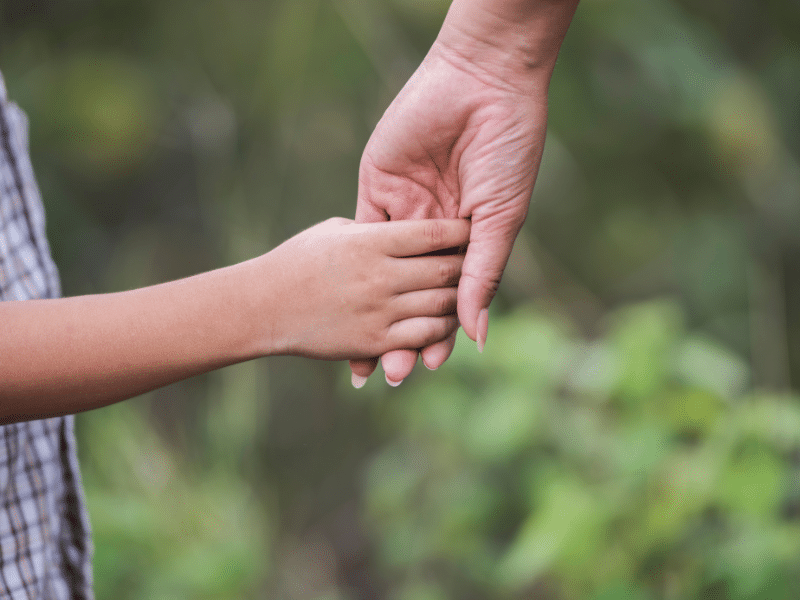
I think most parents who have a child with any type of neurodiversity or special need have experienced this particular conversation. It could be with a close friend, a family member, a medical professional, or even a stranger. That ever-present “I’m so sorry…” that comes after the receiving party hears about your child’s diagnosis. This is something my husband and I have both encountered on several occasions following our child’s autism diagnosis last year.
Let me be clear: I know that most of the time, people do not know what else to say, and it does not come from a negative place. They may have never met another person with autism or have experienced any children in their life who are autistic. This is entirely understandable. However, what they may not realize at that moment is that it can often feel like they are saying “sorry” about who your child is. For parents, it can feel like a punch to the gut, even when it was not intended to come off that way.
What can parents in this situation do? I think it varies depending on your relationship with that person, your mood that day, etc. This may be someone you will never see again. Maybe you have no energy to have a specific response. This is all okay. What’s important, though, is for others to educate themselves about autism (and other ways children/people can be neurodiverse). Recognize that language matters, and it really matters to the families and caregivers of these kids. Prepare a response that feels right for you. It can be short and sweet, like “We are really happy about all the doors this opens for us!” or “We wouldn’t change a thing about him or her.” You have every right to save a specific answer for the people that matter. If all you can muster at the moment is a “thanks,” – know that’s okay too. You’re navigating something challenging, and you are doing your best!
The school year has just begun. Maybe your child has another child with a neurodiverse diagnosis in their class. This is an excellent time to talk with your kids about how you can support their classmates and encourage them to get to know them. What are their strengths? What are their interests? If they seem upset, what seems to comfort them at school? It helps to teach our children that even with our differences, there is never anything to be sorry about.








